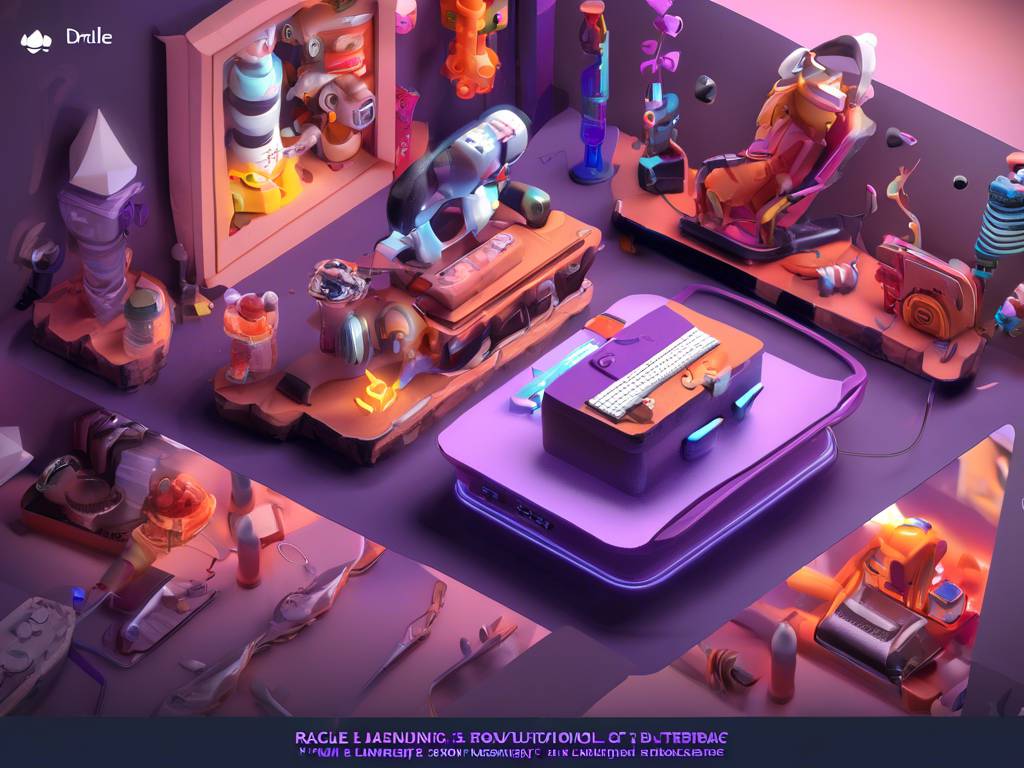Radicle 1.0 Launch Revolutionizes Code Collaboration
Radicle, the open-source peer-to-peer code collaboration stack, recently announced the launch of Radicle 1.0, marking a significant milestone in the protocol’s evolution since its beta debut in late 2020.
Radicle 1.0: A Decentralized GitHub Alternative
Radicle 1.0 aims to transform how developers share and distribute open-source code, AI models, and research by offering a decentralized alternative to centralized platforms like GitHub and GitLab. The platform incorporates innovative features such as a decentralized identity system, advanced gossip protocol, and integrated social artifacts to create a self-autonomous, self-hosted code collaboration network.
- Redefining code collaboration
- Decentralized alternative to GitHub
- Unique features for enhanced collaboration
The Radicle team highlights the importance of combatting the increasing centralization of software products that threaten developer autonomy and data rights. Alexis Sellier, Radicle co-founder, emphasized the need for a neutral platform where software development can thrive, ensuring user autonomy and data ownership.
Radicale’s Innovative Approach to Code Collaboration
Radicle’s platform prioritizes security and freedom of use, allowing users to run their own nodes to build a resilient network immune to censorship and third-party dependencies.
- Security and freedom in code collaboration
- User-run nodes for network resilience
- Decentralized architecture for data ownership
Operating entirely local-first, Radicle eliminates the need for blockchain technology or digital tokens. Each user on the Radicle network manages the Radicle Stack, consisting of a command line interface and Radicle Node networked service. Nodes communicate through a gossip protocol, establishing a robust and disruption-tolerant network.
- Local-first operation for data control
- Gossip protocol for network resilience
Additionally, users can leverage the Radicle Web client and HTTP daemon for enhanced accessibility and user convenience in their code collaboration efforts.
Radicle’s Positive Impact on User Sovereignty
Radicle empowers developers to set the rules of their code universe, promoting user sovereignty and data ownership in a neutral and secure environment.
- User sovereignty in code collaboration
- Empowering developers for autonomy
Hot Take: Embrace Decentralized Code Collaboration with Radicle 1.0
Join the revolution in code collaboration with Radicle 1.0, offering a decentralized alternative to traditional platforms for sharing open-source code and research. Take control of your data and identity while contributing to a secure and innovative code collaboration network.





 By
By
 By
By



 By
By